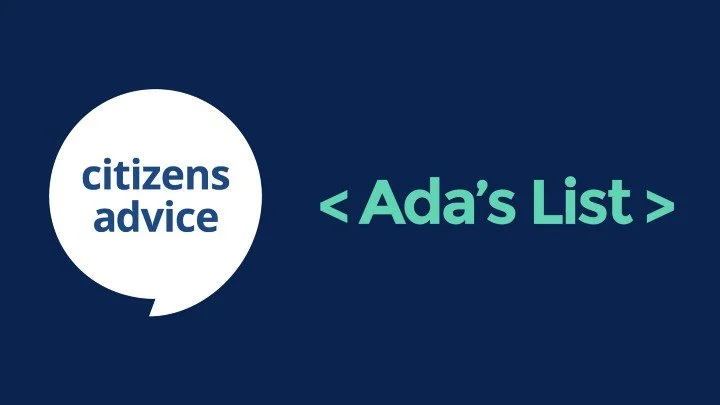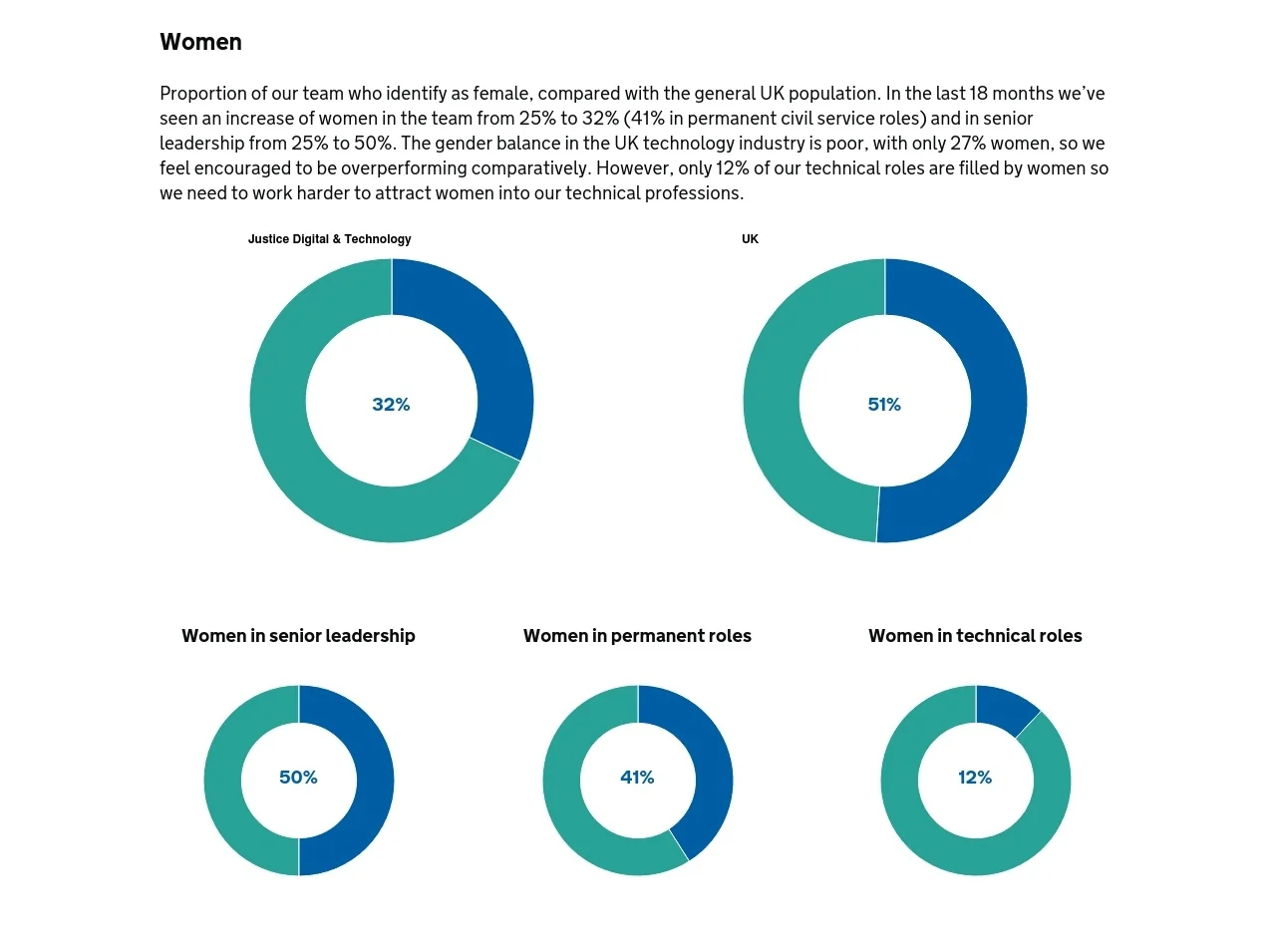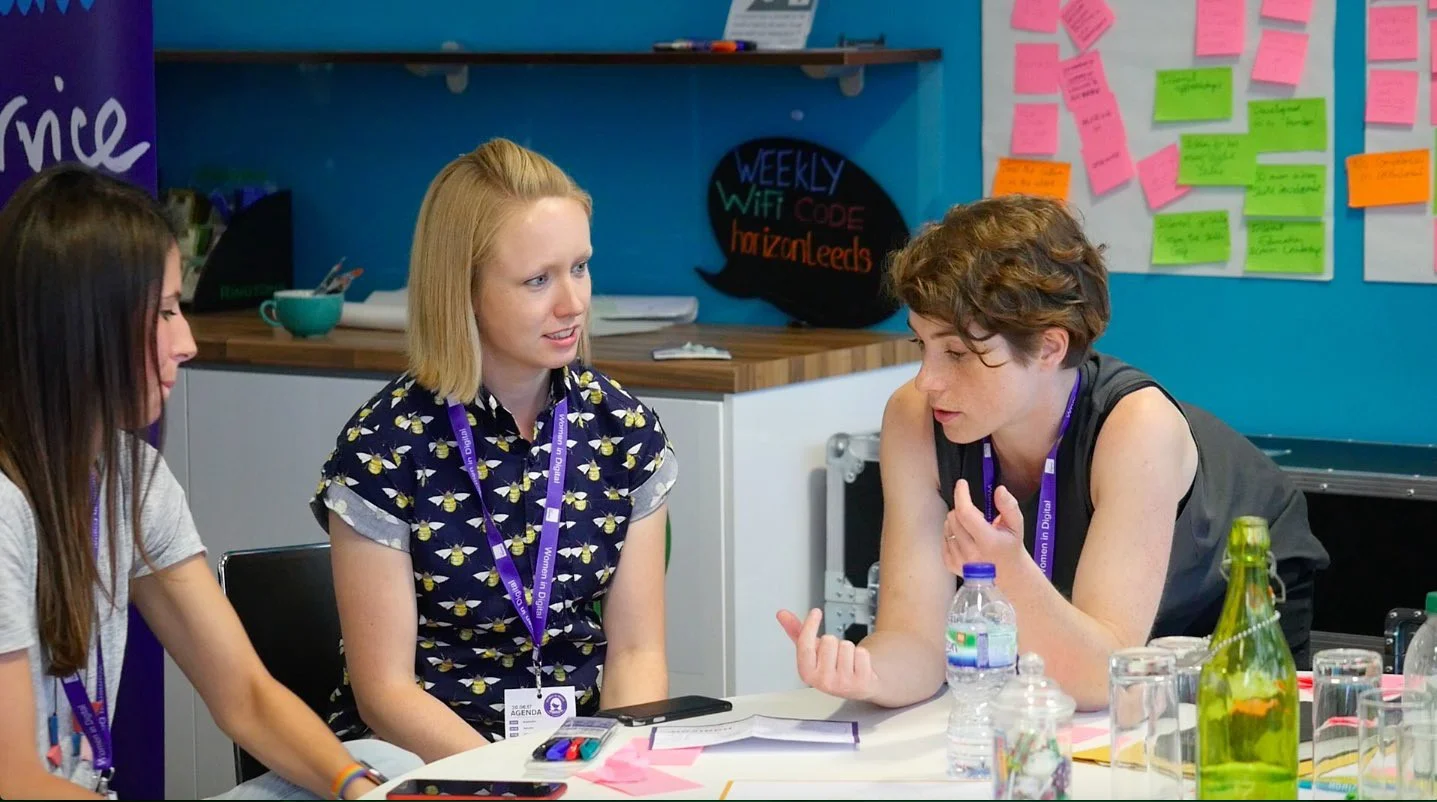Diversity & inclusion
Ada’s List coaching programme
How we’re advancing equity, diversity and inclusion in our Design, Data and Technology team at Citizens Advice: developing career coaching and professional development for women and non-binary team members in partnership with the Ada’s List network
Digital inclusion Summit
We need to recognise and understand the difference between equity and equality, and ensure inclusiveness is baked in from the outset of service delivery. By planning and co-creating with underserved communities, we can build trust and influence the development of services to make people’s lives better.
Designing for crisis
As public servants, we exist to design and deliver services that citizens interact with every day. Many of those services are mission critical to those who need to use them. Our services need to work for real humans in real life situations, and provide clarity in a period of chaos.
equity by design
We need to deeply listen to and trust the people at the margins of our services. We need to become experts in the practice of empathy, both within our teams and with the public we serve. When we design with compassion and design for the edge cases, we make services better for everyone.
Understanding intersectionality
Intersectionality is essential to building an inclusive culture. We need to consider whole people, not reduce them to a series of demographics. This requires us to work hard to listen across difference. We have to counter internal and systemic biases so that we provide equitable environments for people to thrive.
Diversity statistics
As part of my mission to make the Ministry of Justice more inclusive, I gathered, analysed and published our diversity statistics. By understanding how close we are to 'normal', we can work towards making our teams more representative of the people we build services for.
representing our users
At the Ministry of Justice, we set out on a mission to ‘normalise’ our team so that we better represented society. We used a series of different strategies to improve our diversity, which helps us to better understand the needs of the public. Read this write-up of the event and these reflections on normalising.
inclusive LGBTQ* communities
At the Ministry of Justice we founded an LGBTQ* community to support our queer colleagues and allies. We brought people together at events and meetups, and created an inclusive environment in which they felt able to be themselves at work.
LGBTQ* TECHIES at Bletchley Park
To celebrate the first anniversary of our LGBTQ* community at the Ministry of Justice we took a trip to Bletchley Park; home of the WWII codebreakers and where Alan Turing famously broke German ciphers. We asked our community to reflect on the day and share some of what they learned.
10 things you don’t normally see at a tech conference
Organisations like Lesbians Who Tech help us learn how we can fulfil our commitment to making our digital and technology teams more representative of the general population and our users. We share how it felt to attend their international conference, bringing together the community of queer* women working in technology.
hosting the Geek girl conference
“You genuinely changed my perception of government! To be honest, I was quite apprehensive but your talk at the beginning completely changed my mind. Now I associate the Ministry of Justice with innovative service design.”










